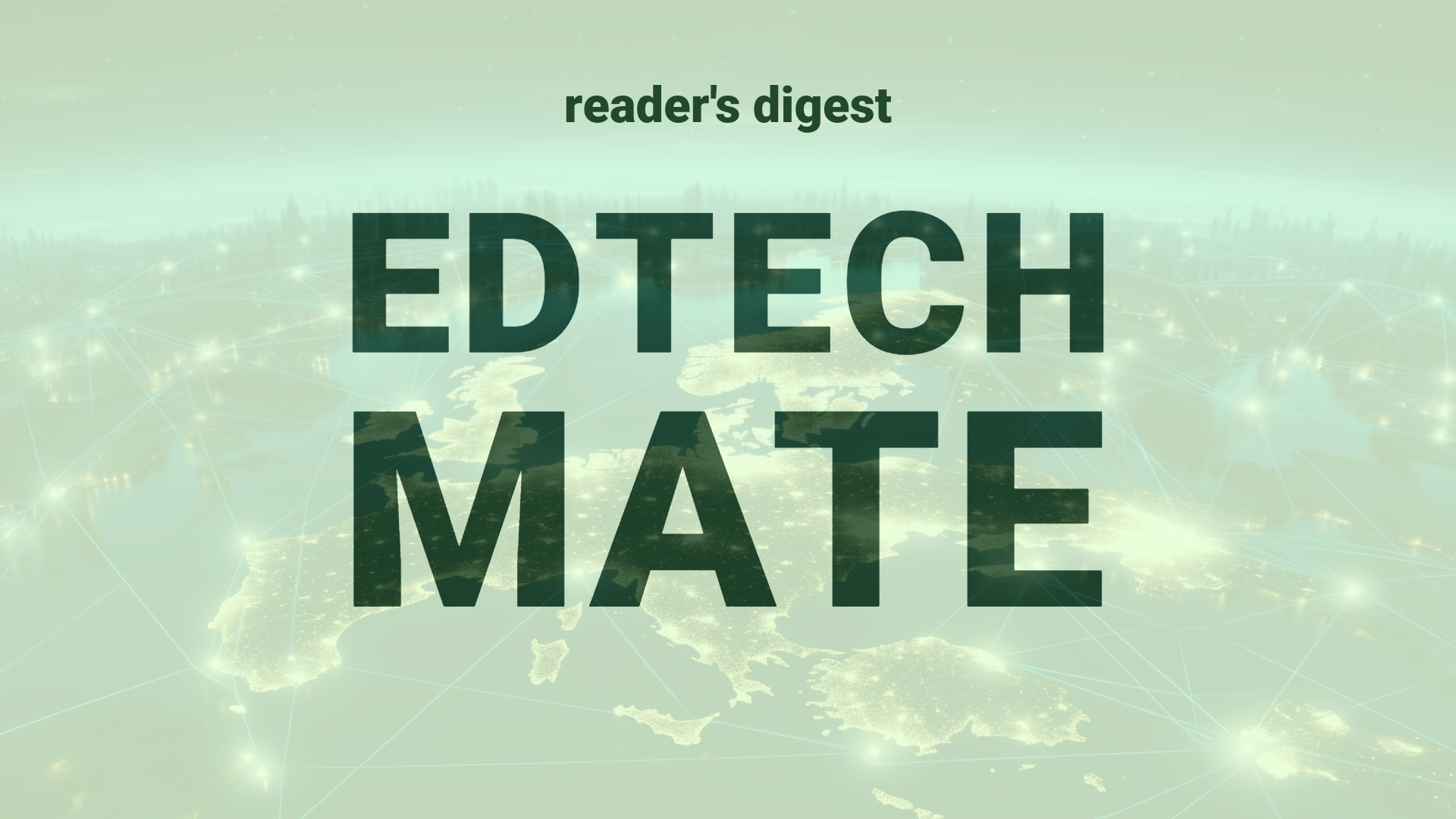Executive Summary and Main Points:
The surge in Generative AI (GenAI) adoption within the healthcare sector is underscored by strategic budget increases, particularly from technical leaders who are driving substantial investment. GenAI is optimizing operations from hospital administration to drug discovery and clinical trials. The 2024 Generative AI in Healthcare Survey reveals a preference for custom task-specific language models over general-purpose ones, indicating the sector’s need for precision and compliance with regulatory standards. The applications of GenAI are extensive, with the most common ones being patient interactions and data extraction. Human oversight, however, is seen as critical for maintaining accuracy and managing ethical concerns, forming the basis for a human-in-the-loop testing strategy.
Potential Impact in the Education Sector:
The integration of GenAI into healthcare provides a blueprint for innovation in Further Education and Higher Education, favoring the development of specialized AI models tailored to specific academic disciplines. The burgeoning budgets for GenAI symbolize a shift that could be mirrored in education, potentially fostering micro-credentials and enhancing personalized learning experiences. As higher education institutions form strategic partnerships with AI firms, leveraging digitalization will be key to scaling educational offerings and providing real-world applicability to students.
Potential Applicability in the Education Sector:
Innovative applications in global education systems could include AI-driven personal tutors and academic chatbots, providing 24/7 support to students. The use of AI for automated grading and feedback on assignments, along with the analysis of academic publications and research trends, could enhance learning outcomes and research productivity. By following healthcare’s lead, the education sector could also focus on using AI for operational efficiencies, such as enrollment services and student support systems.
Criticism and Potential Shortfalls:
While GenAI presents groundbreaking opportunities, concerns about accuracy, security, and privacy must be addressed, especially in handling sensitive student data. Ethical and cultural implications, such as biases within AI models and the digital divide, could exacerbate inequalities in global education systems. Comparative international case studies reveal that varying regulatory environments and cultural attitudes towards AI necessitate a tailored approach for each region.
Actionable Recommendations:
Higher education leaders should evaluate the potential of GenAI within their strategic technology roadmaps, considering investment in custom AI solutions that respect the nuances of the educational context. Collaborations between technical experts and educational practitioners could ensure that AI applications align with pedagogical objectives and ethical frameworks. Pilot programs could be established to introduce human-in-the-loop AI systems, beginning with non-critical processes to build trust and demonstrate efficacy before wider implementation.
Source article: https://www.cio.com/article/2511399/despite-adoption-hurdles-healthcare-is-all-in-on-generative-ai.html

